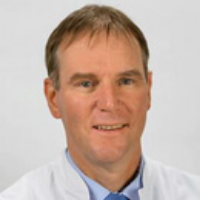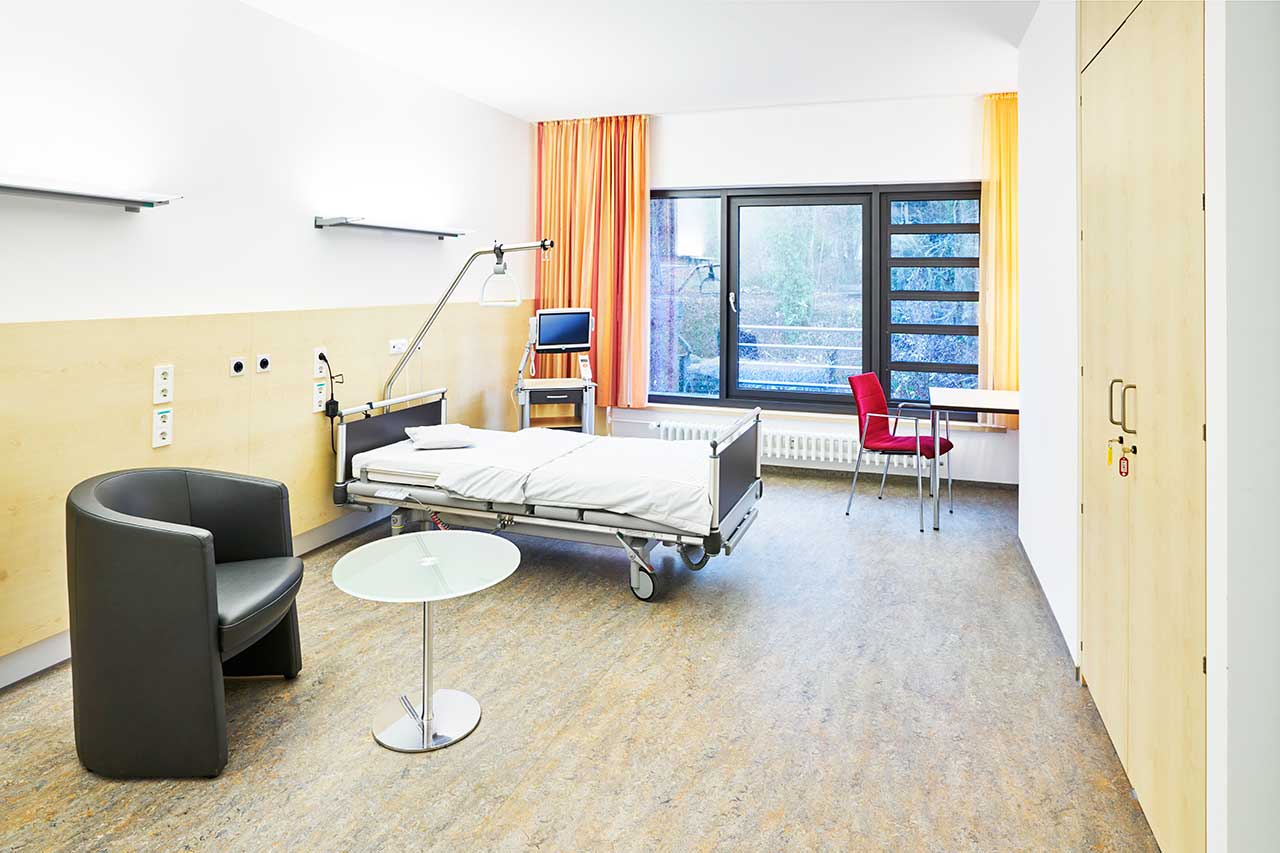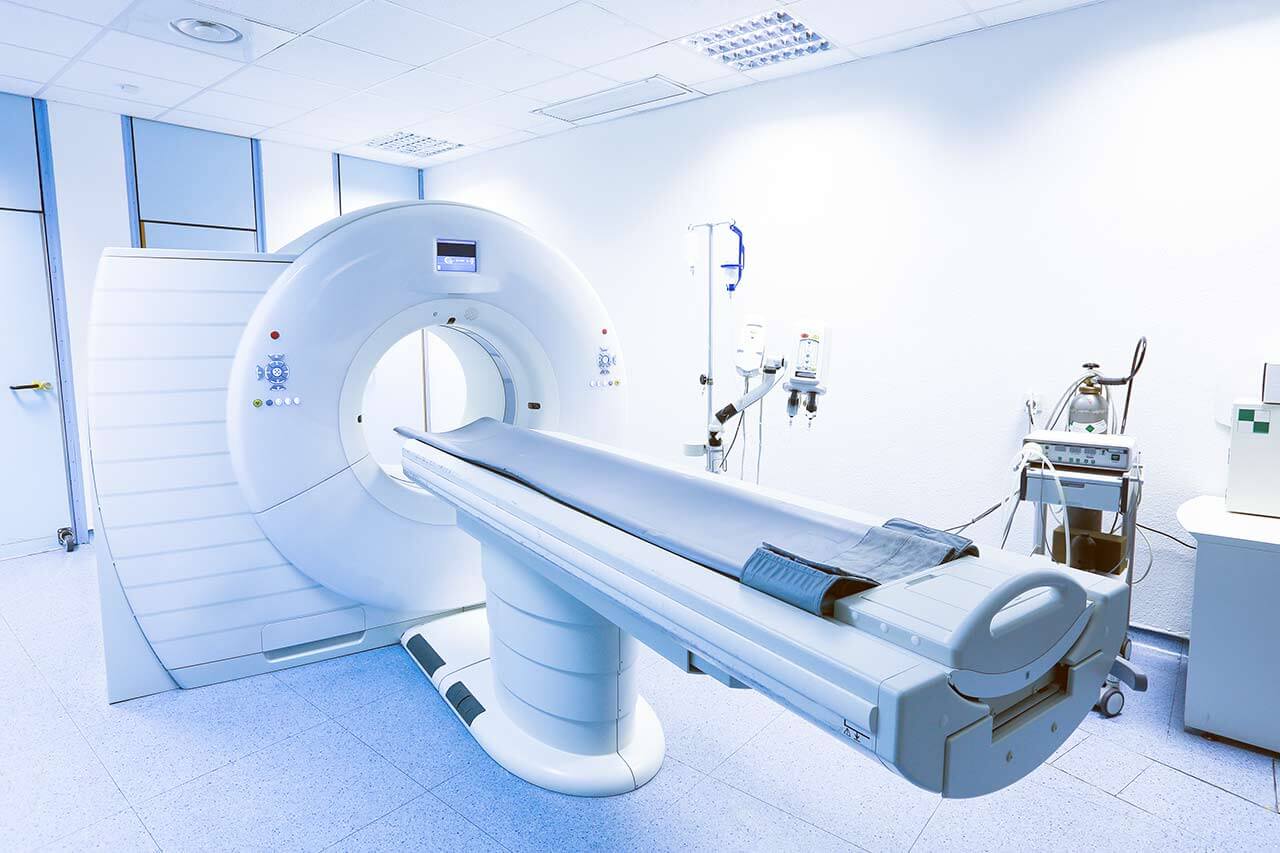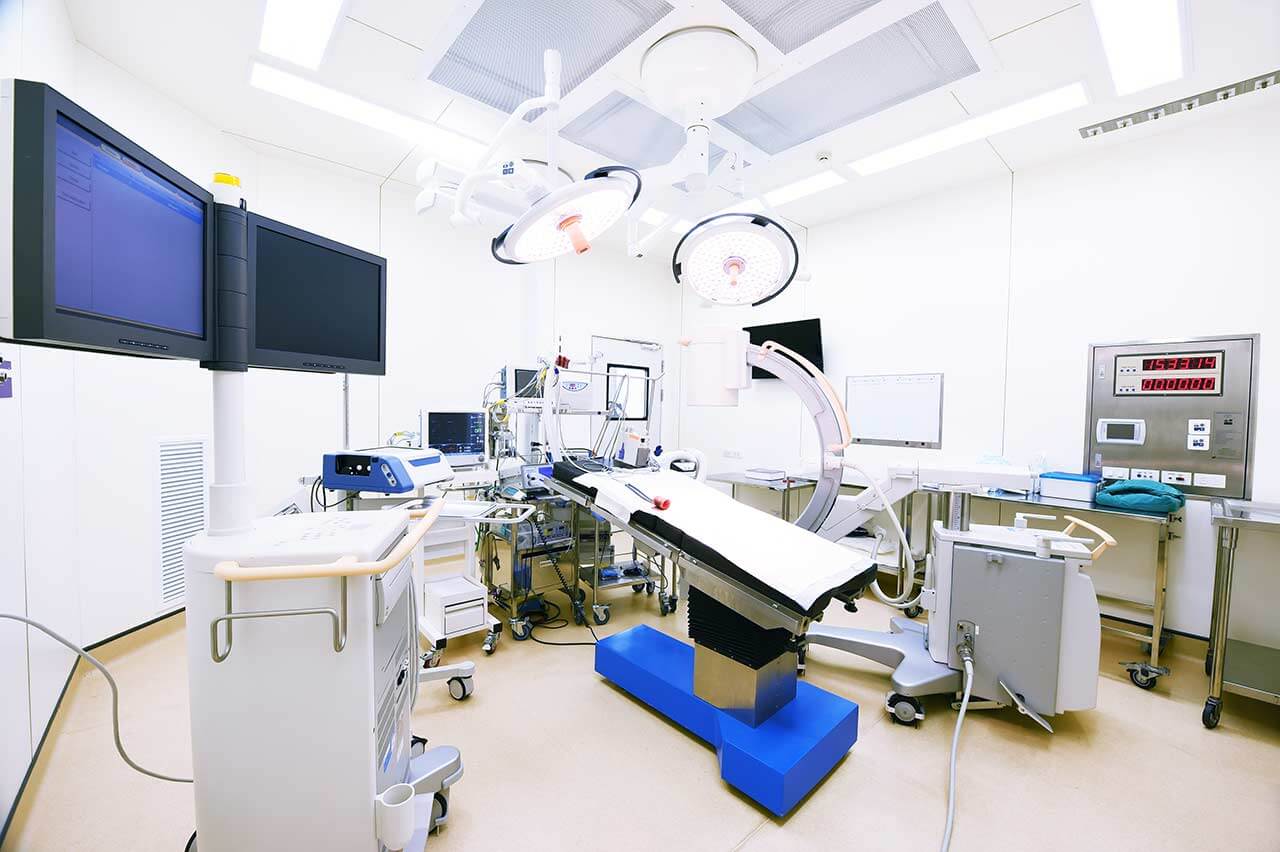
The program includes:
- Initial presentation in the clinic
- clinical history taking
- review of medical records
- general clinical examination
- X-ray of the hand and forearm
- neurological examination
- nursing services
- treatment by leading experts
- elaboration of individual treatment plan
Required documents
- Medical records
Service
You may also book:
 BookingHealth Price from:
BookingHealth Price from:
About the department
The Department of Plastic, Aesthetic and Reconstructive Surgery, Adult and Pediatric Hand Surgery at the University Hospital Erlangen offers the full range of services in the areas of its specialization. The department performs aesthetic plastic interventions to correct the appearance, reconstructive plastic interventions to restore deformed parts of the body and their functions after injuries, burns, cancer, etc. The department has unique experience in performing surgical interventions for hand diseases, injuries and malformations, including in children. In addition, the spectrum is complemented by replantation surgery (around the clock). All operations are performed with the use of innovative microsurgical, laser and endoscopic techniques. Medical services comply with the international standards and are adapted to the particular clinical case of each patient. More than 1,000 patients receive inpatient care in the department every year, and about 5,000 patients visit the medical facility for outpatient consultations. The department performs more than 2,500 surgical interventions every year. Plastic surgeons apply all their experience and professional skills to give patients the appearance of their dreams and make it as natural as possible. The department is headed by Prof. Dr. med. Dr.h.c. Raymund E. Horch.
The responsibility of the department's aesthetic plastic surgeons is to perform interventions to correct a particular part of the body, due to which a person suffers from complexes and experiences discomfort. The most popular surgical procedures in this field are nose reshaping, facelift, breast augmentation and lift, body contouring and liposuction. Prior to the appointment of the operation, the plastic surgeon holds a comprehensive consultation for the patient, during which he asks about his wishes for the upcoming treatment. It goes without saying that the patient needs to undergo a preliminary examination to assess the state of health and exclude contraindications to the surgery. The department has at its disposal advanced computer technologies for 3D modeling, which allow assessing the patient's appearance after surgery even before it is performed. Thus, the department's specialists can be sure that the patient will be satisfied with his new appearance and will not require follow-up surgical corrections. The department has state-of-the-art equipment, including high-quality optic systems, laser, ultrasound and endoscopic devices. The surgeons use only high-quality materials and implants. The department's specialists have a perfect command of the new surgical techniques (minimally traumatic), which exclude extensive surgical incisions and minimize traumatic lesions of the healthy tissues. When undergoing minimally invasive operations, the patient experiences a mild postoperative pain syndrome, the risks of complications are practically zero, and the hospitalization period is as short as possible.
The department's reconstructive surgeons specialize in correcting the shape and functionality of visible body parts, as well as eliminating functional defects of internal organs. The department's reconstructive surgeons also widely use advanced microsurgical and endoscopic techniques, which have a number of advantages for the patient, but are in no way inferior to classical surgery in terms of efficiency. Microsurgical techniques are successfully used to expand, transfer or transplant tissues, including skin, muscles, tendons and blood vessels. Thanks to advanced surgical interventions, doctors restore lost tissues, reconstruct nerve and tissue structures. This allows patients with cancer, burns, injuries and deformities resulting from accidents to return to their normal lives.
The department's therapeutic offer is complemented by the surgical treatment of diseases and injuries of the hand, as well as the surgical correction of hand deformities. The human hand has a rather complex anatomical structure – it consists of more than 20 bones, many nerve endings, several muscle layers and joints. Due to this, the surgical treatment of diseases and pathological changes in the hand requires advanced technical equipment and highly qualified surgeons with rich clinical experience. All this is available in the department. The surgeons of the medical facility use modern microsurgical and endoscopic techniques, with the help of which they restore the functionality of the hand with minimal damage to the healthy tissues. The department's doctors most often perform interventions for the treatment of tendon injuries of the hand, arthritis and arthrosis, compression syndromes, as well as operations to remove neoplasms on the hand. Replantation interventions are performed around the clock. The department's surgeons also successfully operate on children with congenital and acquired hand deformities – missing fingers, extra or fused fingers, etc.
The department's main clinical focuses include:
- Aesthetic plastic surgery
- Aesthetic plastic surgery on the face
- Facelift
- Eyelid plastic surgery (blepharoplasty)
- Nose plastic surgery (rhinoplasty)
- Ear plastic surgery (otoplasty)
- Chin plastic surgery (mentoplasty)
- Aesthetic plastic surgery on the body
- Breast augmentation, reduction and lift
- Liposuction
- Body contouring after rapid weight loss, including after bariatric surgery
- Aesthetic plastic surgery on the face
- Reconstructive plastic surgery
- Reconstructive interventions for the restoration of defects after injuries
- Reconstructive interventions for the restoration of defects after cancer treatment
- Reconstructive interventions for bone and soft tissue defects
- Reconstructive interventions for scar revision
- Reconstructive interventions for the correction of the consequences of burns
- Reconstructive interventions on the breast (after breast cancer surgery)
- Immediate reconstruction with the patient's own tissues (DIEP, TRAM, S-GAP, Lastissimus flaps)
- Secondary breast reconstruction with silicone implants
- Reconstructive interventions for breast defects (tubular breasts, Poland syndrome)
- Reconstructive interventions in men for gynecomastia
- Reconstructive interventions for facial paralysis and peripheral nerve lesions
- Reconstructive interventions for lymphedema and lipedema
- Hand surgery in adults and children (in cooperation with the Departments of Rheumatology, Pediatric Surgery)
- Treatment of nerve ending compression syndromes
- Treatment of hand fractures
- Wrist surgery
- Tendon surgery
- Peripheral nerve surgery
- Elective hand surgery (treatment of various types of arthrosis, Dupuytren's contracture)
- Hand replantation (around the clock)
- Treatment of congenital hand deformities in children (for example, syndactyly, polydactyly)
- Other surgical options
Curriculum vitae
Prof. Dr. med. Dr.h.c. Raymund E. Horch is the Head of the Department of Plastic, Aesthetic and Reconstructive Surgery, Adult and Pediatric Hand Surgery and Director of the Laboratory for Tissue Engineering and Regenerative Medicine at the University Hospital Erlangen. Besides his clinical research projects, Prof. Horch was among the pioneers of the emerging field of tissue engineering from the very beginning. He has contributed to the further development of cultured keratinocyte transplantation by investigating single cell suspensions in fibrin sealant and has combined the three dimensional vascularisation of tissue engineered matrices by means of arteriovenous microsurgical loops with material research to various types of tissues. This approach can further open a new field of research utilizing tissue engineering techniques for angiogenesis and cancer research. He has authored or coauthored more than 300 peer reviewed papers and book chapters on various topics in reconstructive surgery (mainly microsurgical techniques), including transplantation breast reconstruction, aesthetic surgery, grafting techniques and tissue engineering approaches, as well as novel treatment modalities for severe wounds and burns. He has edited several books and was frequently awarded for clinical and experimental scientific achievements.
His clinical focus is on reconstructive, aesthetic and hand surgery. He has developed interdisciplinary modern concepts in the complex restoration of tumor treatment through tissue transplants.
From 2015 to 2017, Prof. Horch was the President of the German Society of Plastic, Reconstructive and Aesthetic Surgeons (DGPRÄC).
Photo of the doctor: (c) Universitätsklinikum Erlangen
About hospital
According to the Focus magazine, University Hospital Erlangen ranks among the best medical facilities in Germany!
The hospital is one of the leading healthcare facilities in Bavaria and offers top-class medical care distinguished by the close intertwining of clinical activities with research and training of medical students. The hospital was founded in 1815 and today is proud of its rich traditions, numerous medical achievements and an excellent reputation not only in Germany, but also in the international arena. The hospital has 25 specialized departments, 7 institutes and 41 interdisciplinary centers, whose experts work tirelessly for the benefit of their patients.
The hospital has the status of a maximum care center, and therefore it represents almost all fields of modern medicine. Oncology, transplant medicine, and robot-assisted surgery are among the top priorities of the clinical activities of the medical complex. Oncology is represented by the Comprehensive Cancer Center Erlangen, which is one of 13 centers of excellence in Germany certified by the German Cancer Society. The university hospital has a high-tech center with high success rates for heart, liver, kidney, pancreas, cornea and bone marrow transplants. In addition, the hospital is a leader in the use of robot-assisted surgery. The medical facility has at its disposal innovative robotic technologies, in particular the da Vinci Surgical System, with the help of which surgeons perform many sparing interventions in various medical fields.
The medical team of the hospital consists of highly professional therapists, surgeons and nursing staff. The focus of their efforts is on the patient, his health and peace of mind, as well as comfort during treatment. The clinical practice of doctors is based on an individual approach to each case, which results in high treatment success rates. State-of-the-art technical equipment also plays an important role in the therapeutic process. The hospital is proud of the most advanced devices for imaging diagnostics (X-ray, ultrasound, CT, MRI, PET-CT, SPECT-CT, etc.), endoscopic examinations, laboratory tests, as well as specially equipped operating rooms for robot-assisted interventions, image-guided therapeutic manipulations, minimally invasive and classical surgeries of any complexity. Thus, the doctors of the university hospital have all the necessary resources to effectively treat the most severe pathologies and save lives.
The combination of high-tech equipment, experienced and highly qualified personnel, as well as strict adherence to the standards of modern medicine, form a solid foundation for the provision of the best medical care at the European level. An undeniable proof of the high prestige of the hospital is the constantly growing number of patients who come here from various regions of Germany and other countries of the world.
Photo: (с) depositphotos
Accommodation in hospital
Patients rooms
The patients of the University Hospital Erlangen live in comfortable rooms with light colors and modern design. Each patient room has an ensuite bathroom with shower and toilet. The furnishing of the patient room includes an automatically adjustable bed with an orthopedic mattress, a bedside table, a wardrobe, a table and chairs for receiving visitors, a TV, a radio and a telephone. Wi-Fi can be provided upon request. The use of a mobile phone is prohibited in many rooms of the hospital.
Patients can also live in enhanced-comfort rooms with a more sophisticated design. The enhanced-comfort rooms additionally include upholstered furniture, a minifridge and a safe.
Meals and Menus
The hospital offers healthy and tasty food distinguished by many awards, including the 1st place in the prestigious ESSEN PRO GESUNDHEIT competition of the Bavarian State Ministry of the Environment and Consumer Protection.
The patient and the accompanying person have three meals a day. Breakfast is served buffet style: scrambled eggs, boiled eggs, sausage, cheese, bread and buns with butter and jam, cereals, etc. There are three set menus for lunch and dinner to choose from: a classic menu featuring local cuisine dishes, a Mediterranean menu and a vegetarian menu.
If for some reason you do not eat all the foods, you will be offered an individual menu. Please inform the medical staff about your dietary preferences prior to the treatment.
The hospital also houses many cafeterias, which will delight with a wide range of delicious dishes and drinks.
Further details
Standard rooms include:
Religion
The hospital regularly hosts catholic and evangelical devine services. The services of representatives of other religions are available upon request.
Accompanying person
During an inpatient program, an accompanying person can stay with you in the patient room or in a hotel of your choice.
Hotel
During an outpatient program, you can stay in a hotel of your choice. The managers will help you choose the most suitable options.




